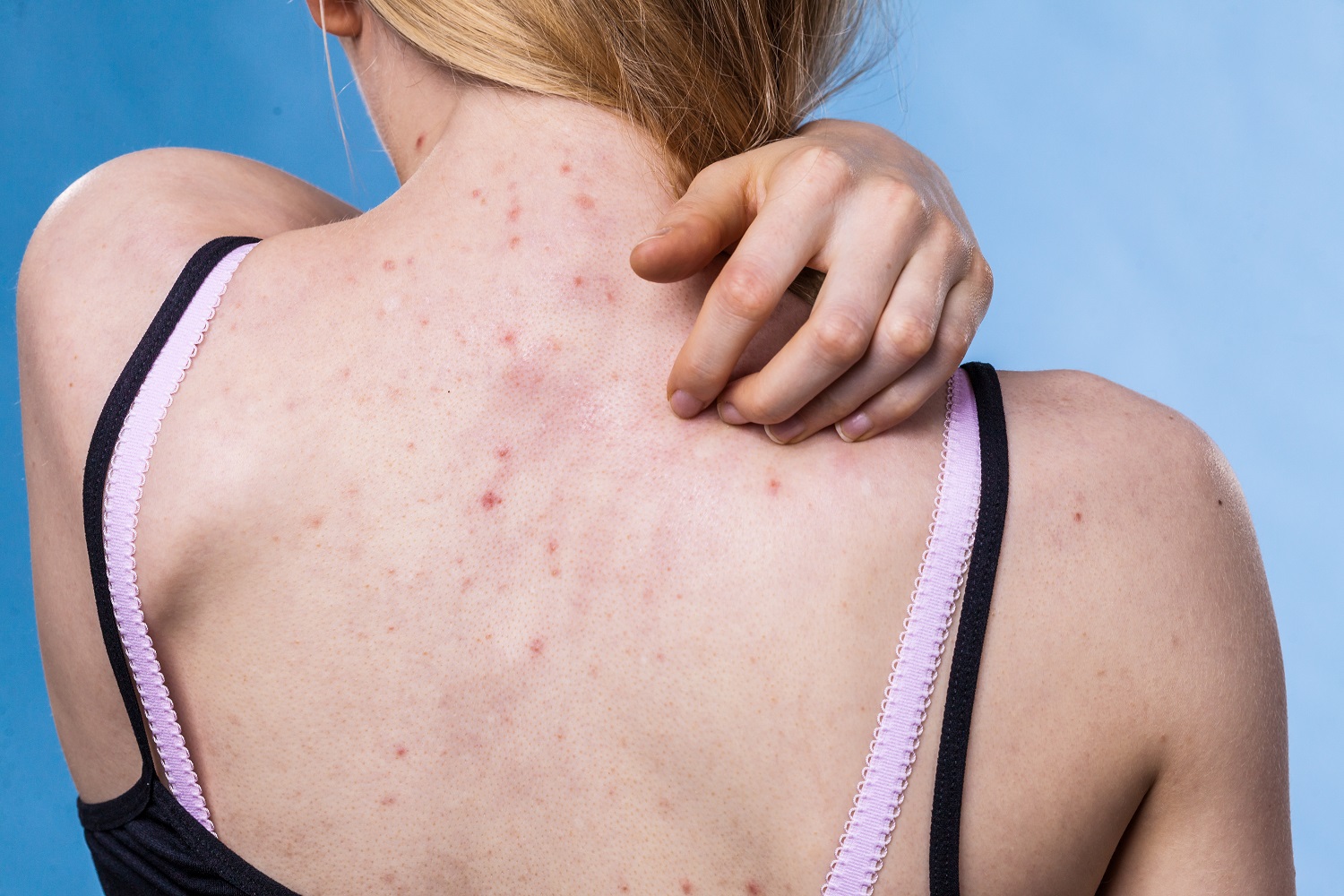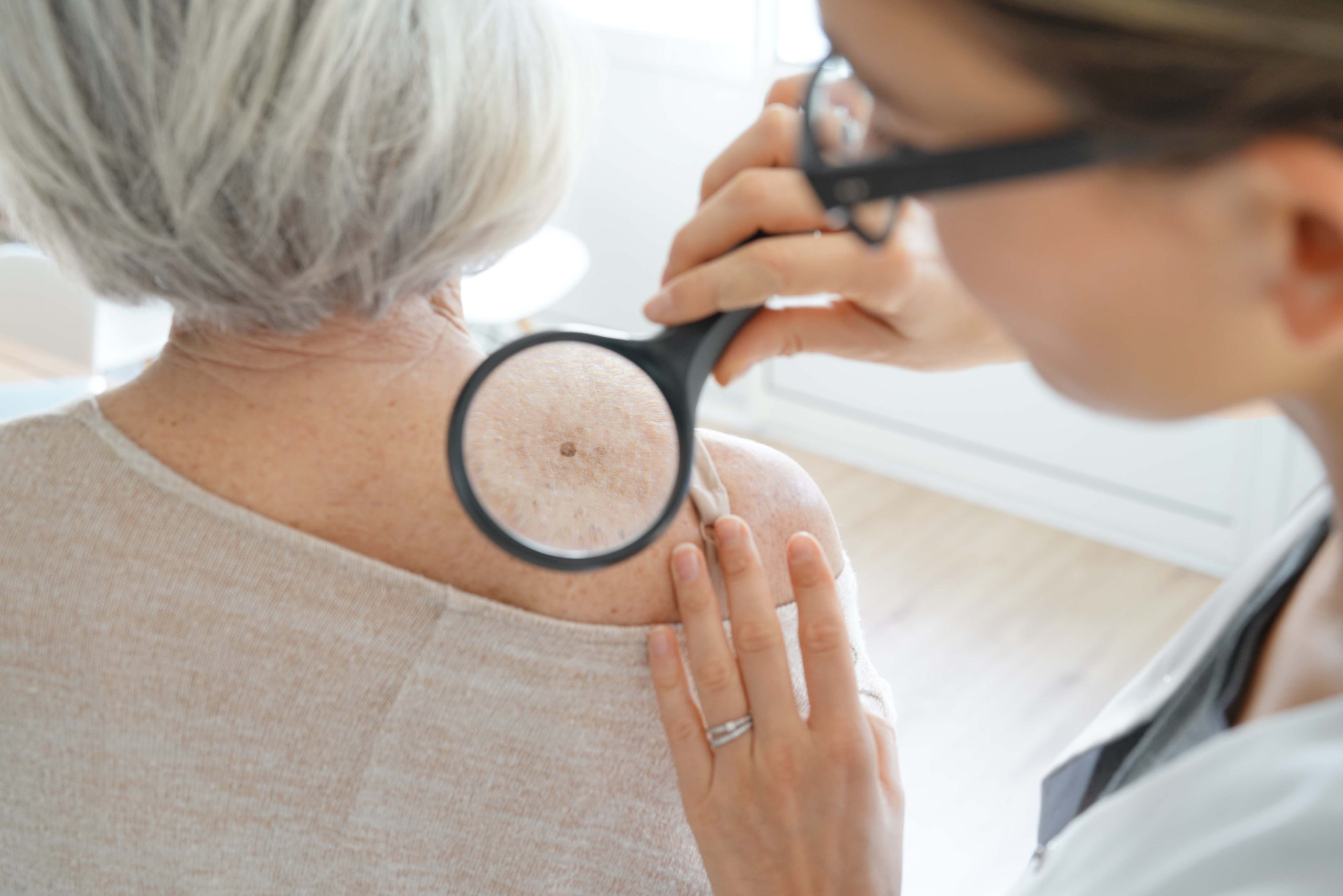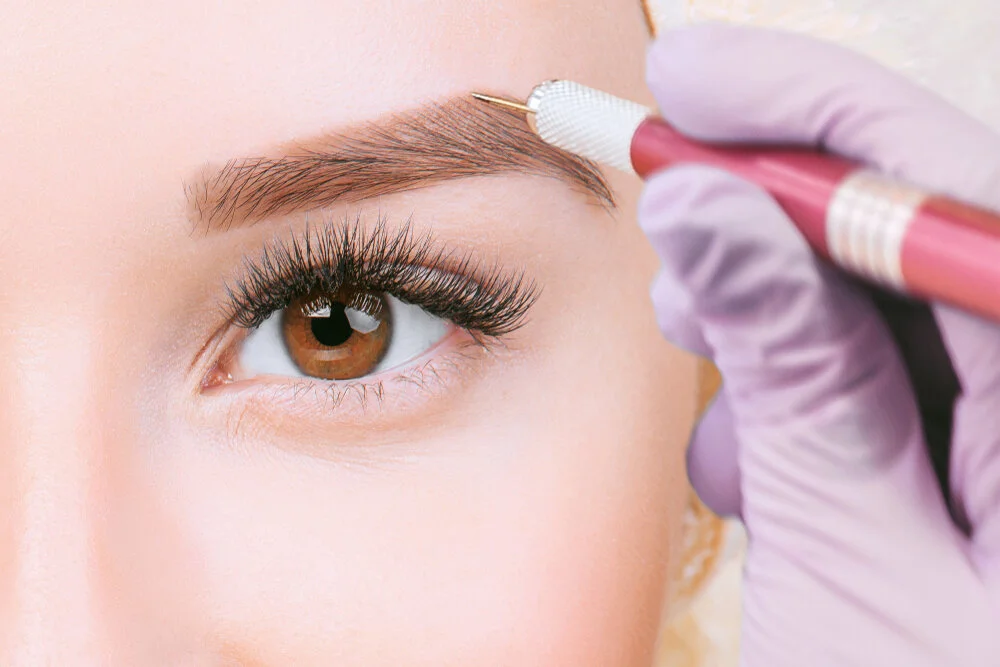
Acne is one of the most common skin concerns and can affect people at nearly any age, though it is most frequent during adolescence. Breakouts occur when hair follicles become clogged with oil, dead skin cells, and bacteria, leading to pimples, blackheads, or cysts. Hormonal changes often trigger excess oil production, making teens and adults alike prone to flare-ups. Other contributing factors include stress, diet, certain medications, and the use of harsh skincare products. Genetics can also influence how likely someone is to experience persistent acne. While the condition can range from mild to severe, it often impacts self-confidence and emotional well-being. Understanding the root causes is the first step in managing it effectively and creating a plan that fits each individual’s skin needs.
How Can Daily Skincare Routines Reduce Breakouts?
A consistent skincare routine is one of the most effective strategies for keeping acne under control. Gentle cleansing twice a day helps remove excess oil, dirt, and buildup without stripping the skin’s protective barrier. Using non-comedogenic moisturizers and sunscreens is key, as they hydrate without clogging pores.
Exfoliation, when done in moderation, can also help prevent clogged pores, though over-exfoliation may irritate the skin and worsen breakouts. Products containing salicylic acid or benzoyl peroxide are commonly recommended for acne-prone skin, as they target bacteria and reduce inflammation. Consistency matters more than aggressiveness, since harsh products can make the skin more reactive. Building a routine that balances cleansing, treatment, and hydration supports healthier skin over time.
What Role Do Lifestyle Factors Play in Acne Management?
Lifestyle choices can significantly influence the frequency and severity of acne breakouts. Diets high in processed foods or refined sugars may contribute to increased oil production and inflammation. Balanced meals with lean proteins, vegetables, and whole grains may support clearer skin.
Staying hydrated also helps the body regulate functions that impact the skin’s appearance. Stress is another major factor, as it triggers hormonal shifts that may lead to more breakouts. Getting adequate sleep, practicing relaxation techniques, and engaging in physical activity all help reduce stress levels.
Exercise itself supports circulation and overall health. It’s key to cleanse skin soon after sweating to prevent clogged pores. By making conscious lifestyle adjustments, many people find they can minimize the severity of flare-ups.
When Should You Seek Professional Treatment?
For mild cases of acne, over-the-counter products and lifestyle adjustments may be enough to manage symptoms. However, persistent or severe breakouts often benefit from professional guidance. Dermatologists can prescribe topical or oral medications tailored to the type of acne present, including antibiotics, retinoids, or hormonal treatments. In-office procedures such as chemical peels, laser therapy, or extractions may also be recommended for stubborn cases.
Seeking professional help is especially key when acne leaves scars, as early intervention can prevent long-term damage. Even patients with moderate acne may find that expert guidance accelerates results compared to home care alone. Consulting a dermatologist provides personalized solutions that take both skin type and overall health into account.
Take Control of Your Acne
Managing acne breakouts involves more than just treating pimples as they appear—it requires a thoughtful approach that addresses both causes and triggers. From daily skincare habits to lifestyle changes and professional treatment, there are multiple strategies that can improve skin clarity and confidence. Patience is essential, as results often come gradually with consistent care. Working with a professional can provide the right combination of treatments for lasting improvements. Clearer skin can have a positive effect not only on appearance but also on emotional well-being and self-assurance. If acne is affecting your daily life, now is the time to take steps toward healthier skin. Consider starting with a consultation to explore the best options for your unique needs.




